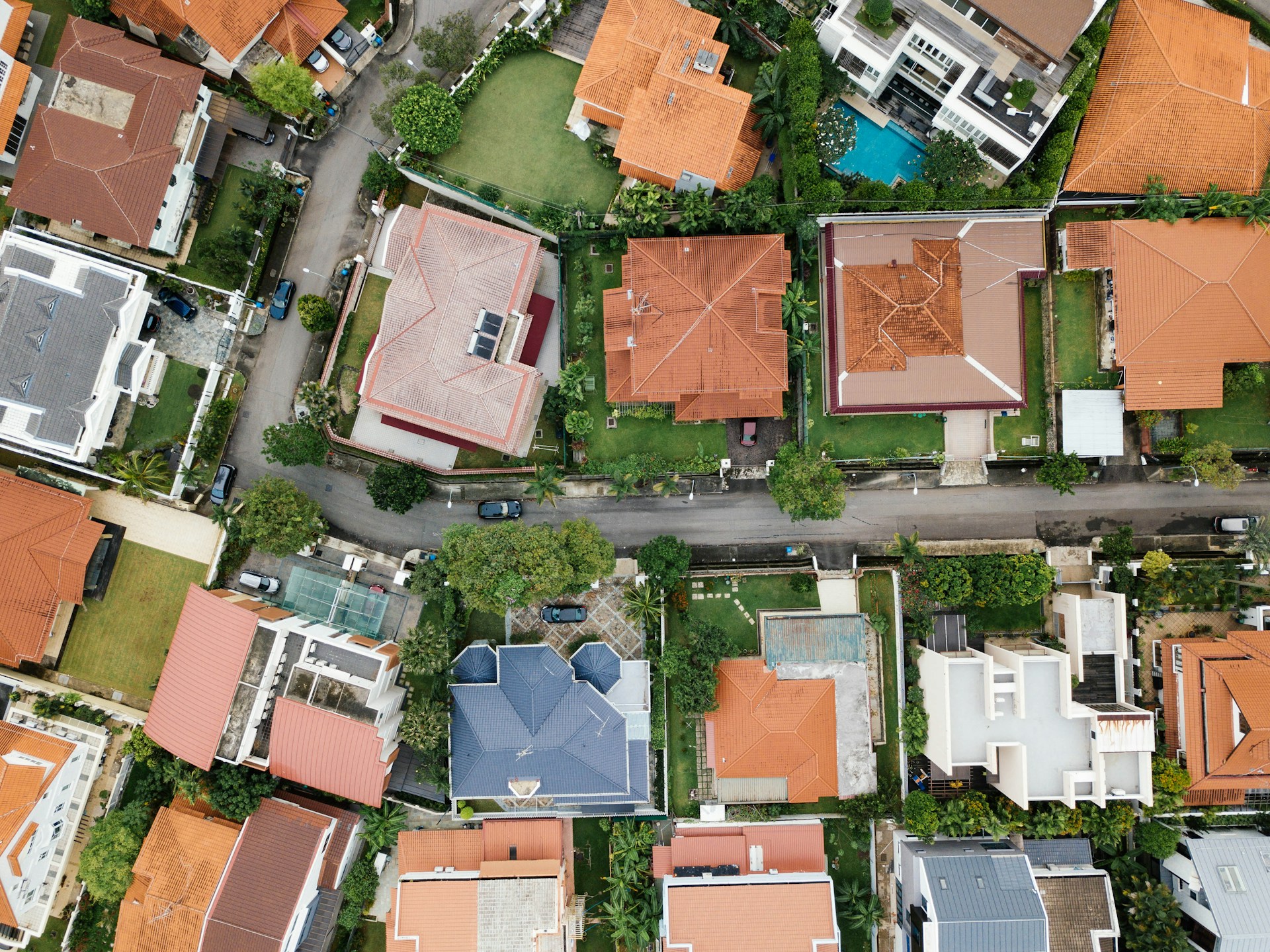How Can Augmented Virtual Tours Enhance Real Estate Sales in Rural UK Markets?

In an era where digital technology dictates the pace of many industries, the real estate market is not left behind. With the tech wave in full swing, real estate professionals are adapting innovative technologies to improve their services. In particular, the application of augmented virtual tours has become a game changer in the property market. For rural UK markets, which have historically struggled to attract wide interest, this burgeoning technology can be a silver bullet to boosting real estate sales.
Embracing the Virtual Reality World in Real Estate
The shift to virtual reality in real estate has picked up speed like never before. This is primarily driven by the push for a more immersive and compelling user experience. Virtual reality, in essence, creates a realistic three-dimensional environment that users can interact with, often in real-time. Through this technology, potential home buyers can virtually walk through a property from wherever they are.
Lire également : What Are the Tax Implications for American Investors Buying Real Estate in the UK?
Augmented virtual tours, an offshoot of virtual reality, take this experience to another level. They overlay digital data onto the physical world, providing the user with a deeper understanding and feel of the property. This technology has proven particularly useful in rural UK markets, which tend to be overlooked in favour of urban areas.
Augmenting Data for a More Comprehensive Experience
The use of augmented content plays a crucial role in adding depth to the virtual touring experience. With this technology, users can access additional data about the property, such as its history, structural details, and even future development plans. In a rural setting, where properties might boast unique features and histories, this additional information can provide a richer understanding and appreciation of the property.
A voir aussi : How Can Landlords Enhance Tenant Safety with Smart Security Systems in Urban Apartments?
Digital overlays can also highlight the potential of a property. For example, showing how a fixer-upper farmhouse could be transformed, or demonstrating the potential of undeveloped land. By enabling prospective buyers to visualise the possibilities, augmented virtual tours can help to drive sales in rural markets.
Bridging the Distance with Virtual Tours
One of the greatest challenges facing real estate markets in rural UK is distance. Prospective buyers, who predominantly reside in urban areas, may find it inconvenient to travel long distances to view properties. This is where virtual tours come in.
By providing an immersive, interactive experience, virtual tours allow potential buyers to explore properties in detail without leaving their homes. This not only saves time and travel costs, but also widens the pool of potential buyers. With augmented reality added to the mix, these tours can provide a near-real experience, significantly boosting the appeal of rural properties.
Turning to the Metaverse for Enhanced Real Estate Services
In today’s digital age, the metaverse is quickly becoming a billion-dollar prospect. This virtual reality space, where users can interact with a computer-generated environment and other users, presents a new frontier for the real estate market. For rural UK markets, the metaverse can provide a platform to showcase properties to a global audience.
With the integration of augmented virtual tours, potential buyers can have a lifelike experience of the property, complete with interactive elements. This can be particularly advantageous for the marketing of unique rural properties, which can truly shine in such an immersive environment.
Future Implications: How Will This Technology Shape the Market?
Undoubtedly, the integration of augmented reality and virtual tours in real estate is an exciting development, redefining the way properties are marketed and sold. For rural UK markets, this technology has the potential to revolutionise sales by overcoming geographical barriers and providing a comprehensive property understanding.
Furthermore, the growth of this technology can change the face of property management, making it more efficient and user-friendly. As the digital world continues to evolve, we can expect to see more advanced applications of augmented and virtual reality in the real estate sector. The future of real estate, particularly in rural areas, looks set to be shaped by these exciting technologies.
Expanding Reach through Social Media Integration
In the digitally connected world of today, social media plays a crucial role in marketing strategies across industries, including real estate. Platforms such as Facebook, Instagram, and YouTube are not just used for social interactions; they have also become important marketing tools, allowing businesses to reach large audiences and engage with potential customers on a personal level.
Augmented virtual tours can be integrated into these platforms, providing a wider reach for real estate listings, including those in rural UK markets. For instance, realtors can share 3D tours or 360-degree photos of properties on their social media pages, allowing followers to explore the listings virtually.
In addition to increasing visibility, this approach also fosters engagement. Prospective buyers can leave comments or ask questions about the property directly on the social media post, facilitating a more interactive user experience. Given the global presence of these platforms, this strategy can potentially attract interest from international buyers, thereby expanding the market size.
Moreover, social media enables realtors to track user interaction and gather valuable insights into customer behaviour. By analysing these data, they can refine their marketing strategies, ensuring they reach the right audience and provide information that is most relevant to potential buyers.
Taking Advantage of Google Scholar for Market Research
As with any marketing strategy, market research is key to ensuring that augmented virtual tours are effective in enhancing real estate sales. Google Scholar, a widely used search engine for academic literature, can provide valuable insights into the state of the real estate market, consumer behaviour, and technological trends.
For instance, realtors can use Google Scholar to access studies on the impact of virtual reality on real estate sales. They can also read up on case studies from other regions – such as the Asia Pacific, Middle East, North America, and South Korea – to learn about the best practices and challenges faced in these markets.
Such research can help realtors understand the needs and preferences of their target audience, allowing them to tailor the virtual tours accordingly. For example, if a study reveals that potential buyers place a high value on understanding the cultural heritage of a property, realtors can incorporate this information into the augmented content of the virtual tour.
Conclusion: Advancing Rural Real Estate with Augmented Virtual Tours
The real estate industry is in the midst of a digital revolution, with augmented reality and virtual tours leading the charge. These technologies offer a comprehensive and engaging user experience, allowing potential buyers to explore properties remotely.
For rural UK markets, this is a game-changer. Augmented virtual tours not only overcome the geographical barrier but also highlight the unique appeal of rural properties. With the added ability to incorporate additional historical and structural information, these tools provide a rich and immersive experience that can drive sales.
Additionally, the integration of social media and market research resources such as Google Scholar can further enhance the effectiveness of these tools. By understanding the market size and consumer preferences, realtors can deliver a user experience that resonates with potential buyers.
As we move forward, the real estate market, particularly in rural areas, will continue to evolve. Augmented reality and virtual tours will undoubtedly play a significant role in this transformation, shaping the future of the industry. As these technologies become more advanced, we can expect to see an increase in the adoption and success of augmented virtual tours in the estate market.
